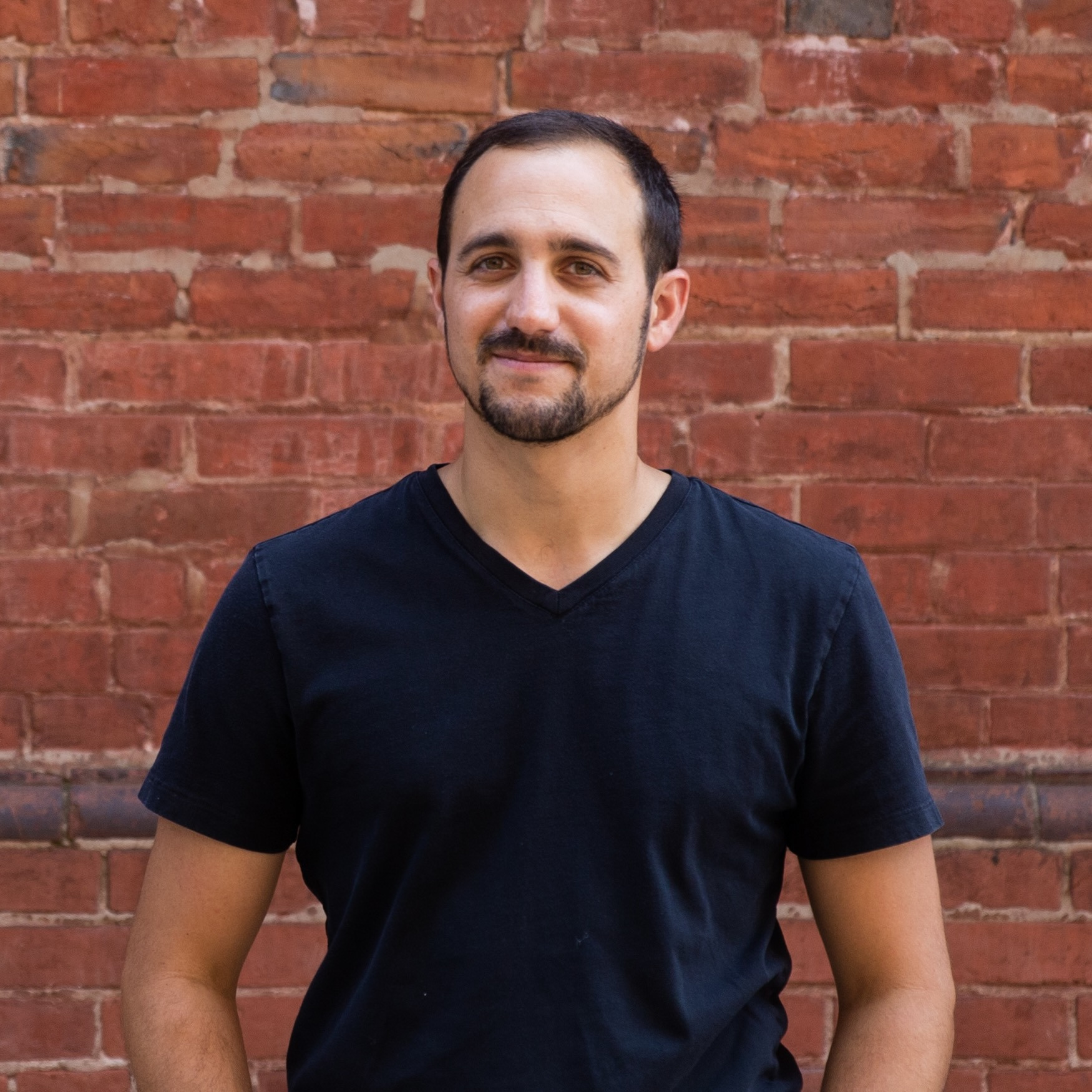Episode 22 - The Dark Lord
Eric Berger of Ars Technica joins Jake and Anthony to talk about his recent trip to Boca Chica for Starhopper’s first hop, propellant depots, NASA policy, Artemis, and the passing of his friend, Chris Kraft. Upcoming meetup! Hang out with Jake, Pat (creator of RocketLaunch.Live), and other fellow Anomalies in Kent, WA on August 31! Details at events.offnominal.space.
